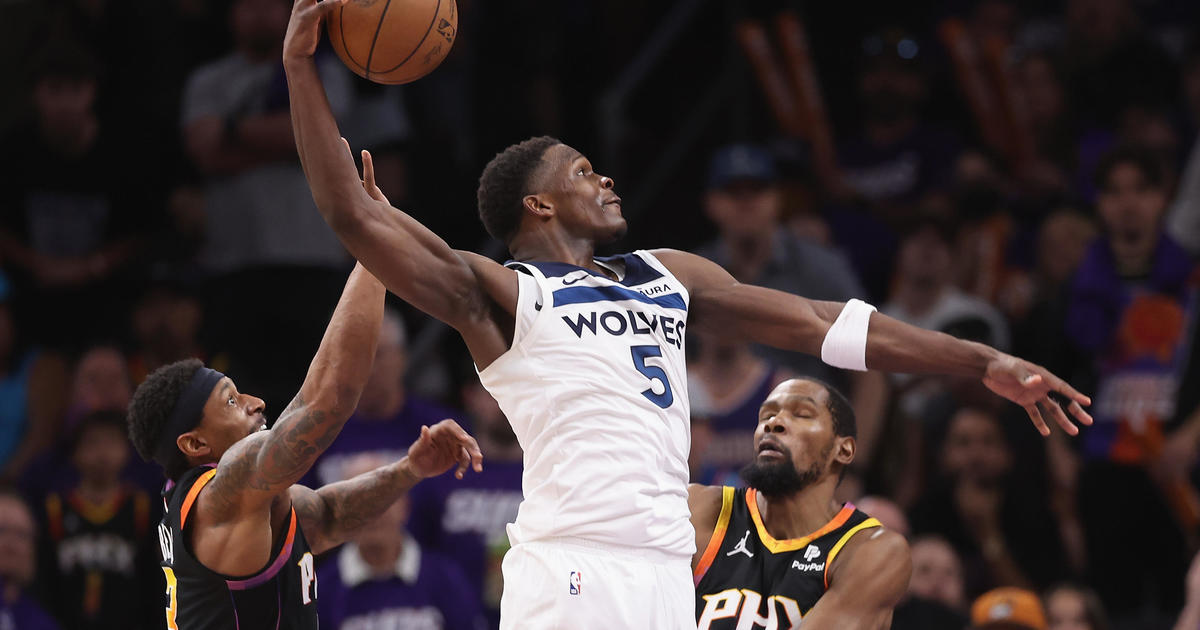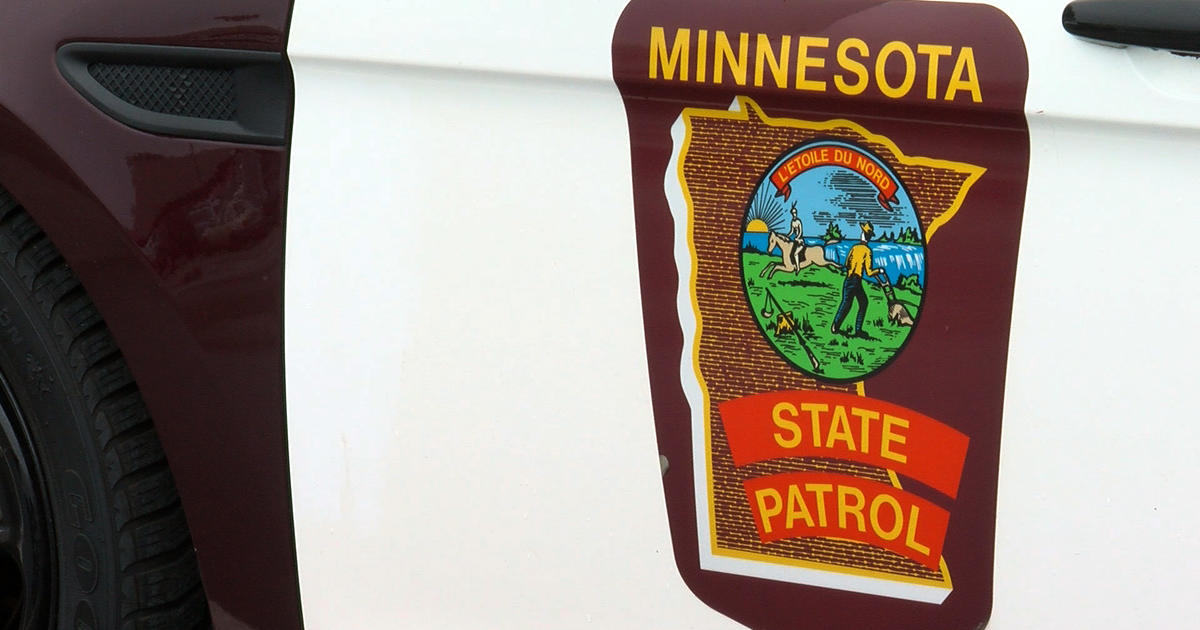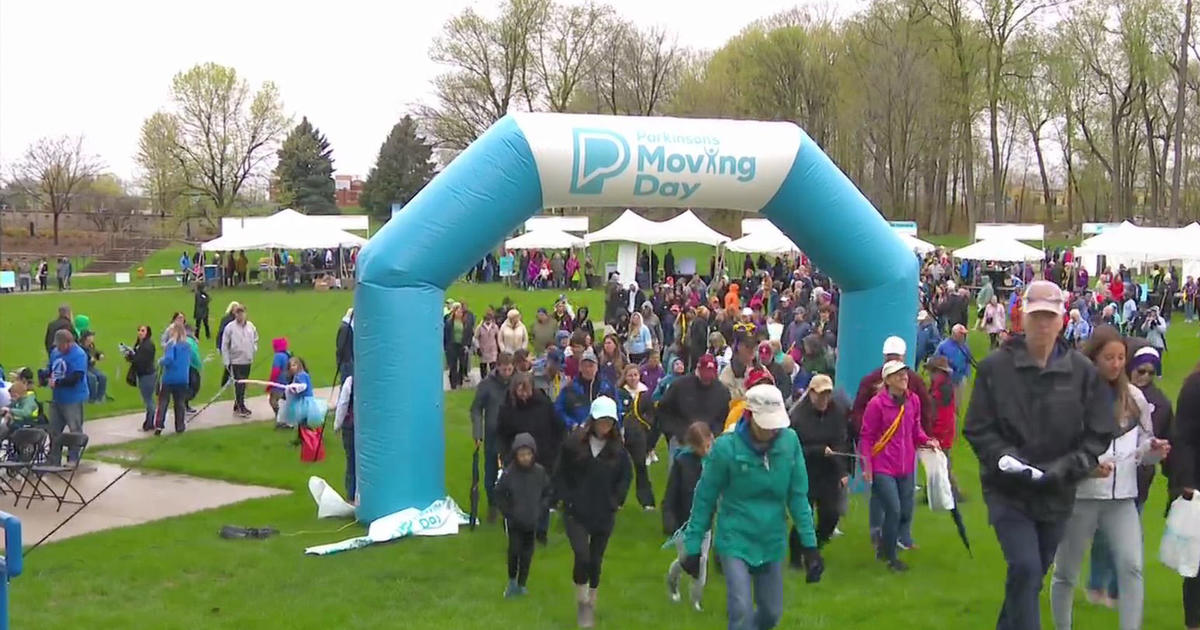The Minnesota Roots Of Iconic Video Game 'Oregon Trail'
MINNEAPOLIS (WCCO) -- Surviving cholera, fording a river, and fixing a broken wagon tongue.
Children of the '70s and '80s will never forget the iconic educational video game "Oregon Trail," which shaped many school kids across the country.
But did you know the game got its start in Minnesota?
"It was a phenom all of its own. It had its own following. The following of course now is people your age or even my age," said Dale LaFrenz.
Before Dale talks about buying supplies at Matt's General Store, or visiting Chimney Rock, he needs to talk about how educational computing got its start.
"We were the first ones to do that," Dale said.
In the early 70s, tiny iPads weren't even a dream yet. Instead, computers were so big they could take up entire buildings. Schools connected to these mega computers by telephone lines through a process called "time-sharing," and students learned on tele-typewriters.
"All of the sudden we have this thing called MECC, which was funded by the state legislator for $3 million," said Dale.
MECC, also known as The Minnesota Educational Computing Consortium, helped schools gain access to mega computers -- and Dale was at the forefront. Then he got word that two men known as the "Steves" had developed micro computers that could help spread MECC's educational tools a lot faster. Their names? Steve Jobs and Steve Wozniak.
"They had nothing going. They were selling computers at the street fair," said Dale. "We had a lot of time with Steve and Steve. We had a lot of time with the people who ran Apple and made Apple great."
Part of Apple's long road to greatness leads back to the "Oregon Trail." When the two companies partnered, Apple computers ended up in Minnesota schools, and MECC's games were on their screens.
A history teacher named Don Rawitsch and his friends invented "Oregon Trail," and Dale helped push the wagon forward when he went to work for MECC.
"I think we were oblivious to [the game's potential popularity]. We were just nose down, find this thing out. We are going to make this thing work," Dale said.
The appeal for children of the 70s, 80s and even the 90s was that they were in control of the game: Picking which avatar they wanted to be, trying to avoid such things as cholera and dysentery, while hunting for food, crossing rivers and fixing broken wagons. Even today, Dale's wife, Jodeen, said people still talk about the iconic game at dinner parties.
"And Dale will probably ask, 'Do you know Oregon Trail?' 'Oh, Oregon Trail!' The next thing you know they'll be on the phone. 'Guess what? We are talking to somebody who knows all about the Oregon Trail!'" said Jodeen.
Much like surviving a hazardous cross-country trek, the game's popularity has survived the test of time, or "rate of change" as some call it. From paper tape fed into a computer, to floppy disks, CDs and now the Internet. All along, the real mission of the "Oregon Trail" was to engage kids across the country. And it's safe to say, it successfully reached its destination.
"We're all about kids. We continue to focus on kids. We want kids to have a good learning experience," said Dale.
He now has a new company called RE@L, which specializes in interactive games that help students understand the effects of vaping and smoking.



